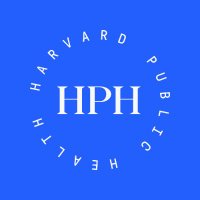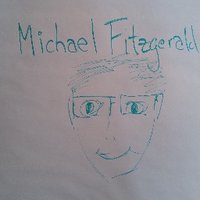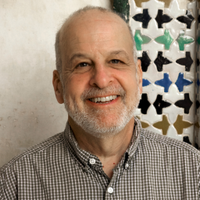
Harvard Public Health magazine
@publichealthmag
Exploring what works, what doesn't, and why.
ID: 1522648458217373698
https://harvardpublichealth.org/ 06-05-2022 18:44:56
1,1K Tweet
1,1K Followers
603 Following

Sensitive, nuanced reporting by Barry Yeoman and photojournalist Matt Ramey on the informal network that has emerged to help families facing affirming care bans like North Carolina's. cc Harvard Public Health magazine

MY LATEST: Meet Leo, a 16-year-old theater kid. Leo is trans. North Carolina, where he lives, has outlawed his hormone therapy. For Harvard Public Health magazine, I wrote about the network that's helping teens like Leo get the care they need. Photos: Matt Ramey. harvardpublichealth.org/policy-practic…



“We need to leave behind excuses for not doing more health research on minority groups. Better data can help us give all communities equal chances at good health,” writes Tran T Doan PhD MPH, a Public Voices fellow @theopedproject and assistant professor at the ColoradoSPH.


Latinas make up 17 percent of U.S. women, but 21 percent of those living with HIV. PrEP could help, but data shows the treatment isn’t widely used by the Hispanic population. A new intervention could change that, reports The Conversation U.S.. harvardpublichealth.org/reproductive-h…


"Is alcohol good or bad for you? Yes." An argument for better reporting on and stronger studies about alcohol's impact on health. via Harvard Public Health magazine harvardpublichealth.org/policy-practic…


I wrote 2 pieces about TB this month - 1 India focussed, for The Caravan 👆🏾& the 2nd, on global policy, for Harvard' Harvard Public Health magazine 👇🏾 "Right now, every U.N. global milestone for TB is lagging behind expectations." harvardpublichealth.org/global-health/…






"The nation’s largest food assistance program now makes a difference in the lives of some 42 million Americans," writes Christopher Bosso. Here are four reasons why he thinks SNAP is worth celebrating. harvardpublichealth.org/policy-practic…

Thanks to Harvard Public Health magazine for giving me the opportunity to write about SNAP on its 60th anniversary.

.@The_Emancipator's Alex LaSalvia opens the door to show us the cool world of the community fridge—“a mutual aid project that brings neighbors together to find local solutions to the dual problems of food waste and food insecurity.” harvardpublichealth.org/policy-practic…

Loneliness isn’t just a social or mental health problem—it’s a physical one, too. It’s “a very stressful experience . . . that can make us more susceptible to illness and disease,” says Kasley Killam, MPH, author of “The Art and Science of Connection.” harvardpublichealth.org/mental-health/…